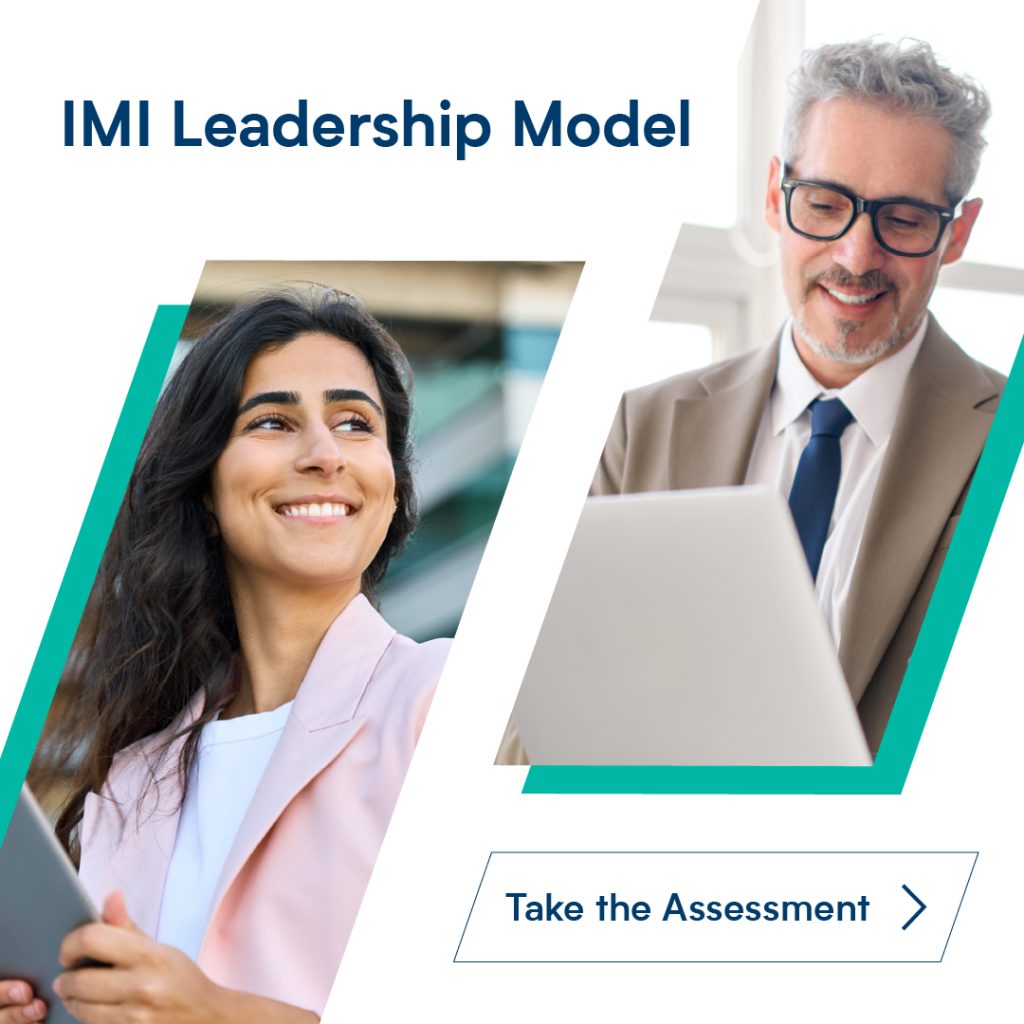The IMI Danske Bank MNC Competitiveness Report published today reveals some interesting findings from our survey of CEOs and senior managers.
Business leaders are broadly positive about Ireland’s economic prospects in the long-run which supports positive predictions for growth in GDP and Global Trade next year*
Over one third of surveyed firms expect to increase employment in the next year and 43% expect a higher turnover. Respondents from 121 firms, including 96 foreign-owned firms representing more than half of aggregate FDI employment in Ireland
Click here for the full infographic.
Of concern for competitiveness are the cost base of operations here and skills shortages. Costs of energy, labour, transport and telecommunications are comparatively high with costs continuing to rise for most firms this year. Skills shortages have impeded growth plans for 57% of firms. As highlighted at the WebSummit and in the Forfás report on ICT Skills last week, engineering, software and IT skills remain particularly hard to come by according to many firms.
On the other hand, the skills and expertise were significant factors enabling one third of Irish subsidiaries to increase their mandate. In fact, the Irish operation is the strategic centre in over half of foreign owned firms. While skills shortage is a concern, it is an issue we can address through education and re-skilling.
Continuing on a positive note, workforce flexibility, a ‘can do’ attitude and friendliness were among the positive cultural attributes of the Irish noted by respondents. These are traits we can continue to develop and use to our advantage. A proven ability to navigate the international business environment and get on well with people across the globe will assist in attracting new FDI and enhancing the strategic role of the Irish operations here as well as benefiting Irish exporting firms.
The Irish tax regime was also an enabling factor in firms that improved their mandate, and, interestingly, the recent international debates on taxation served to highlight opportunities here, although respondents cautioned that any change could be adverse.
We looked at engagement in the local economy to gauge the embeddedness of firms. While approximately half of firms work with Irish SMEs for critical product related goods or services, there is scope for Irish SMEs to provide more. Likewise, there is considerable scope for further enhancing the relationships of firms with third-level and semi-state institutions in areas such as training, R&D and networks.
A wide variety of charities and community activities are supported by respondents and I was pleased to see that education featured the most, notably the Junior Achievement programme. Apart from the business benefits of Corporate Responsibility programmes such as enhanced employee engagement, this fits in with the workforce skills and flexibility valued by the employers in our survey. At the IMI we work primarily with life long learners and organisations that take a strategic approach to learning and use executive development as a means to drive their business strategies. More generally, investing in education and upgrading the overall level of skill of the workforce creates opportunities for attracting higher value employment and ultimately a higher quality of life.
While international events are beyond our control, we can ensure that firms have the capabilities to fulfil their growth plans and potential in terms of skills development and strategy implementation – we can create a pro-work environment and a skilled flexible workforce.
We cannot be certain of what lies ahead but there is increasing confidence among business leaders that it is a road we can navigate and, if we equip and manage ourselves well, the message is one of optimism.
*Danske Bank is predicting a growth in GDP of between 1.5 & 2% (Dept. of Finance 1.8% and European Commission 1.7%). WTP predicts growth in global trade of 4.5% in 2014.
If you are interested in speaking to IMI any further about any of the issues raised in this report please contact us directly.



